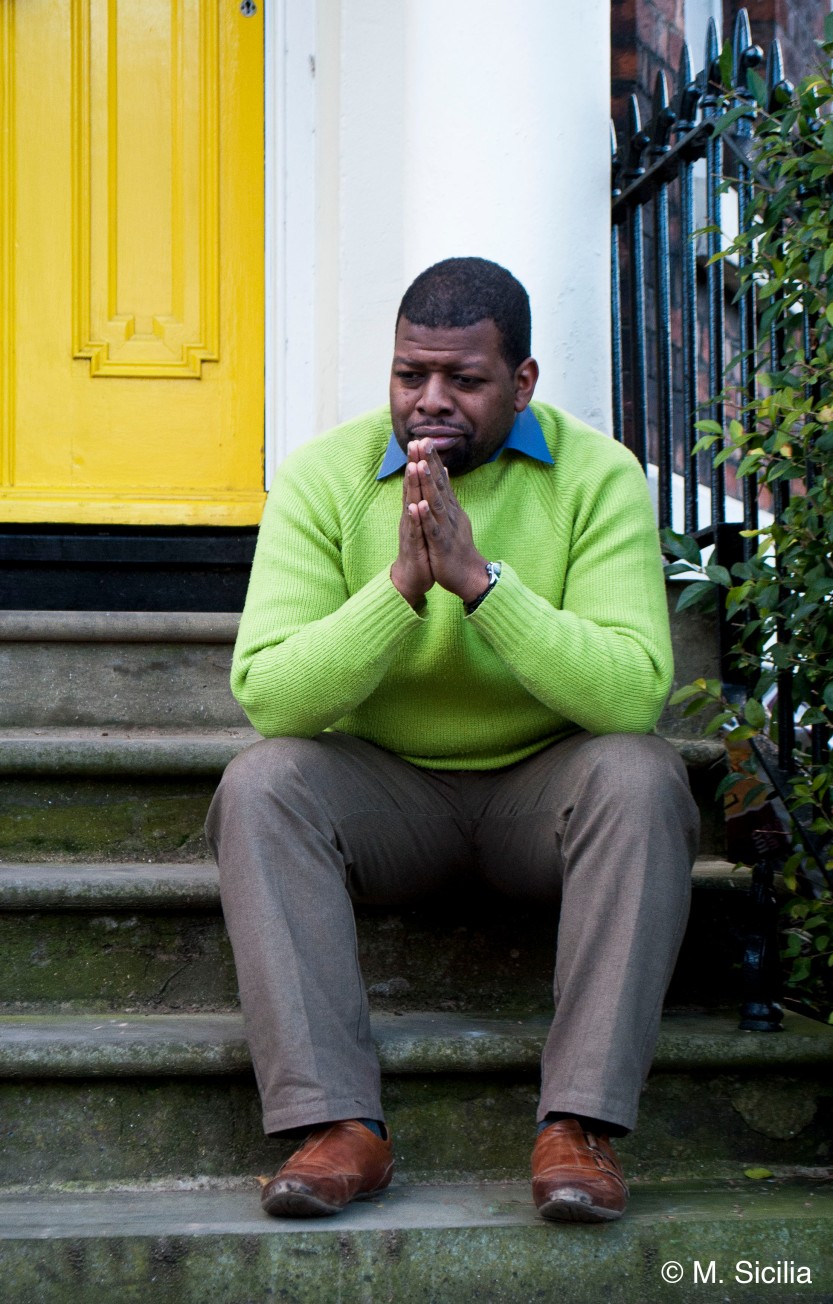
A self-confessed ‘humanities geek in the body of a musician,’ Alexander Douglas FRSA writes both words and music in a range of contexts and settings. Having developed and maintained a portfolio career in the arts and cultural sectors for over two decades, he now concentrates on anticolonial and antiracist teaching, research, writing/publishing and creative practice in tertiary education, public health and the ‘third’ sectors.
Alexander is currently Lecturer in and EDI Lead for Music at King’s College London, Senior Lecturer in Music and the Applied Humanities at the Trinity Laban Conservatoire of Music and Dance (where he also directs the Undergraduate Chorus and will direct the Chamber Choir in the 2023/24 summer term), Researcher in Arts and Health Humanities at the University of Wrexham School of Art and Senior Lecturer in Popular Music Practice at BIMM University Manchester. He is the Principal Investigator of Pain and b/Black Identity: Race in Medicine – a new research network funded by the Wellcome Trust through the Northern Network for the Medical Humanities. In addition, he is an Associate Editor for History of Anthropology Review and he sits on the Editorial Board for Contemporary Music Review. Having worked as the Antiracism Facilitator for the Society for the Social History of Medicine, Alexander has been elected by the Society for the Study of Theology as their Assistant Secretary for Theology and Race. He has current and previous teaching associations at the Universities of Oxford, Cambridge, Royal Holloway, Birmingham, Leeds, York, Salford and the London School of Theology. He has also given guest lectures in Europe and the US (including the University of California at Berkeley).
Alexander is also involved in applied (and socially-engaged) research outside academia and has a long history of outreach activity across different sectors. He is part of the inaugural 2023 cohort of Artists Represent Recovery Network (an arts and health training scheme) and very serious about developing culturally literate and technically-informed non-clinical interventions. He is in the process of repositioning his professional music-making priorities in 2023/24, not least as a composer/arranger.
Alexander has presented papers at national and international conferences in Durham, York, Wolverhampton, Preston, London, Canterbury, Oxford, Cambridge, Montecassiano, Nairobi, Lancaster (UK), Vilnius, Tbilisi, Berlin and elsewhere. He convened and chaired a very significant all-BAME/BIPOC panel on anticolonialism, agency and musical praxis for the Auralities series at CRASSH (Cambridge) in June 2021. He has begun to publish in peer-reviewed academic journals, and he has also completed three book chapters for edited volumes (Routledge, IB Tauris Academic) with a fourth (also Routledge) underway. He is the EDI Lead and Chair of the EDI Working Group for the (Royal Musical Association) Music Philosophy Study Group.

